Description
Fiction. Women’s Studies. Luísa Coelho’s Monique ~ translated from Portuguese by Dolores DeLuise & Maria do Carmo de Vasconcelos. “The expert translation of this almost Gothic story lifts the veil on the place where environment meets the psyche, on women’s sensuality and wit. A gift of Portuguese women writing to the English reader.” -Lisa Katz
Luísa Coelho, born in Angola, has Portuguese nationality. She holds a B.A. in Germanic Philology from the Classic University of Lisbon, an M.A, in Political Philosophy from the Portuguese Catholic University, and a Ph.D. in Portuguese Studies from the University of Utrecht, Holland. She did postdoctoral work in Post-Colonial Studies in the South Atlantic (Portugal-Angola-Brazil) at the University of Bologna, Italy. She has taught in several countries, including Holland, Austria, France, Brazil, and Angola. Since 2010 she has been teaching Portuguese language, culture, and literature at the Freie Universität and Humboldt Universität in Berlin, Germany. Luísa Coelho’s works of fiction include O canto de amor das baleias (The Love Song of the Whales), 1992; Cavalgar um Raio de Luz (Riding a Beam of Light) 2000; Os espaços do desejo contos eróticos (The Spaces of Desire: Erotic Tales (2004); and, as editor, Intimidades Antologia de contos eróticos femininos portugueses e brasileiros (Intimacies: An Anthology of Portuguese and Brazilian Women’s Erotic Tales), 2005.
Maria do Carmo Eggers de Vasconcelos and Philip Eggers hold Ph.Ds in English and are professors of English at the Borough of Manhattan Community College of the City University of New York. Dr. de Vasconcelos was born in Portugal, grew up in Lourenço Marques (now Maputo), Mozambique, and spent time in Luanda, London, Munich, Paris, Jakarta, Denpasar, and other cities. Along with degrees from the National Conservatory of Lisbon and from the Classic University of Lisbon, where she also completed postgraduate studies in American Culture and Literature, she received certificates in language, literature, art, and philosophy from various other European universities. In New York City, she also trained in conflict resolution, completed studies in gender, race, ethnicity, and sexuality, and earned a Ph.D. from the City University of New York Graduate Center. Previously, with Dr. Dolores Deluise, she translated the novella Monique by Luísa Coelho into English from the Portuguese. Dr. Eggers, a native of Indiana, received his B.A. from Columbia College and his M.A. and Ph.D. in English and Comparative Literature from Columbia University. For eighteen years he was the elected chairperson of the English Department at the Borough of Manhattan Community College. Dr. de Vasconcelos and Dr. Eggers teach a variety of writing and literature courses, including world literature, post-colonial literature, the short story, modern poetry, autobiography and many others. They have published articles, scholarly books, textbooks, and translations. Together they are proficient in a number of European languages. Their careers and destiny brought them together; they are married and enjoy working together and exploring the U.S.A., other countries and cultures.
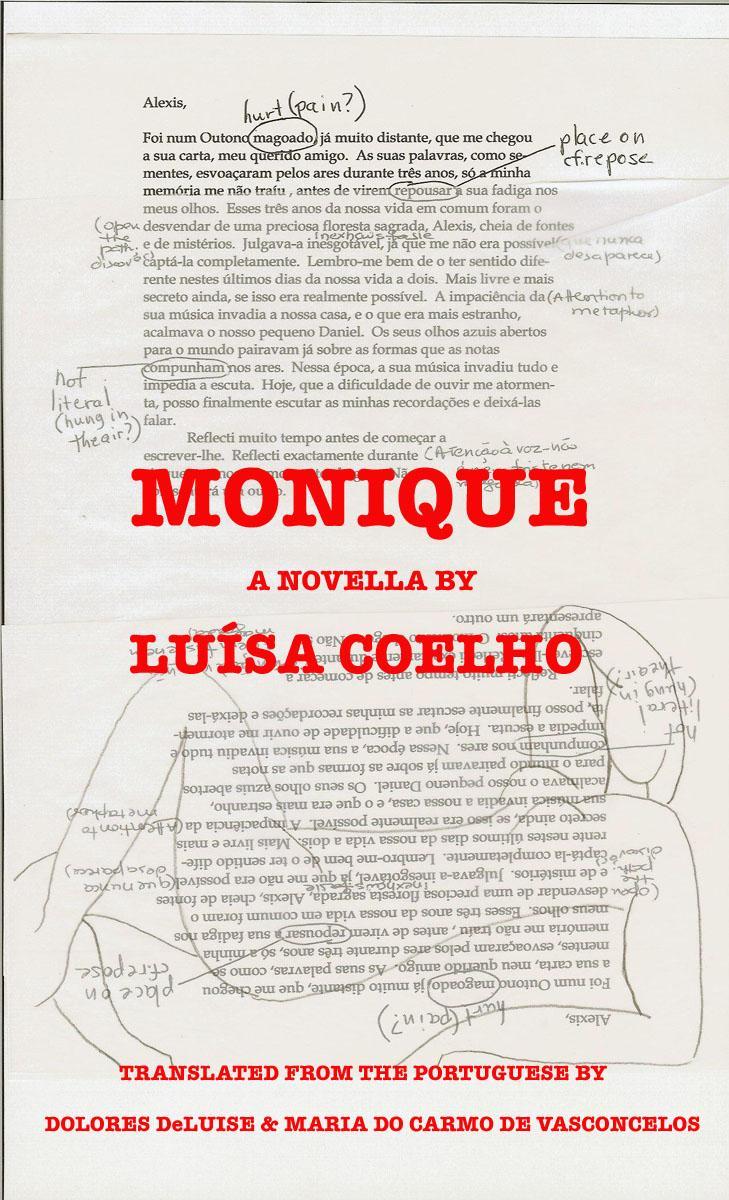
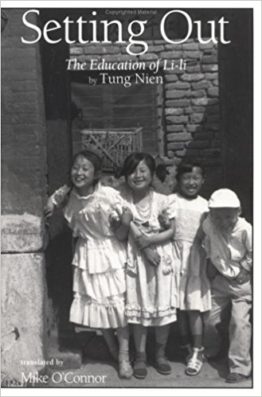




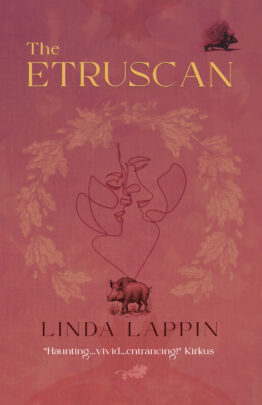

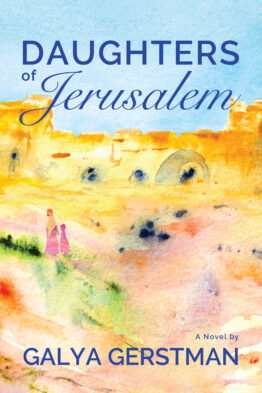
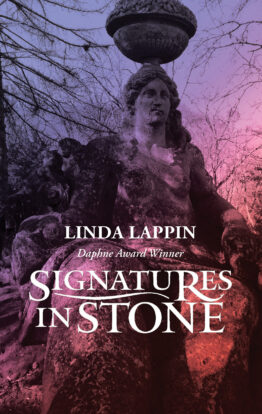
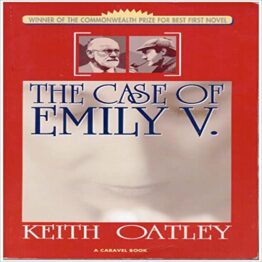
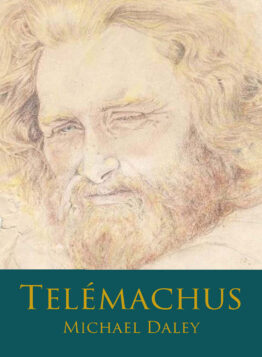
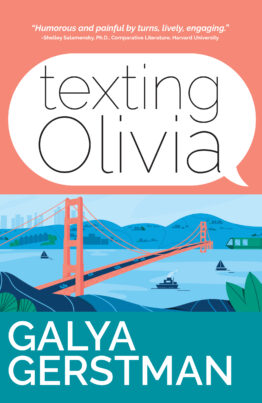


Teresa Almeida, New University of Lisbon –
Alexis . . . could not love [a woman] because he could only love his only desire. In contrast, Monique permits herself to be seduced by the intensity of color, by the pleasure of touching, by the occult particularities of her body, by the desire to read. Monique is an homage to French literature and confirms . . . that all writing is re-writing, a permanent dialogue with the other or the other text. – Teresa Almeida, New University of Lisbon.
Lauren Grosskopf –
Mesmerizing, beautiful writing style and imagery.
Edith Lagraziana –
“The literary quality of Monique by Luísa Coelho took me quite by surprise because modern-day sequels to writings of famous, usually long deceased authors only seldom stand comparison with the original. This slim volume, however, gave me great pleasure although – to my regret – it was a rather quick one, too, all things considered. In fact, I finished the novella in just one go on a quiet afternoon. Nonetheless, it gave me a taste for reading also the reverse of the medal so-to-speak, i.e. Alexis’s story as Marguerite Yourcenar told it in 1929. I expect that the latter novel bears certain resemblance with other literary works of the time surrounding homosexuals and artists like Death in Venice by Thomas Mann to name just one.”
Zhanna Yablokova –
It is an elegantly written novella, which is beautifully translated from the Portuguese into English. It tells a story of a woman in search of herself. In this process, she is trying to understand her love for a husband of three years while developing her own creativity as well. It is a captivating, highly sensuous story, told in a style that can be described as a combination of memoir, stream of consciousness, and epistolary tradition. The novel is a must-to-read for everyone who appreciates poetic, thoughtful, psychological, and erotic literature.
Jean Arrington –
Monique has a haunting voice. Don’t expect to be able to put the book down once you pick it up. I didn’t want it to to end.